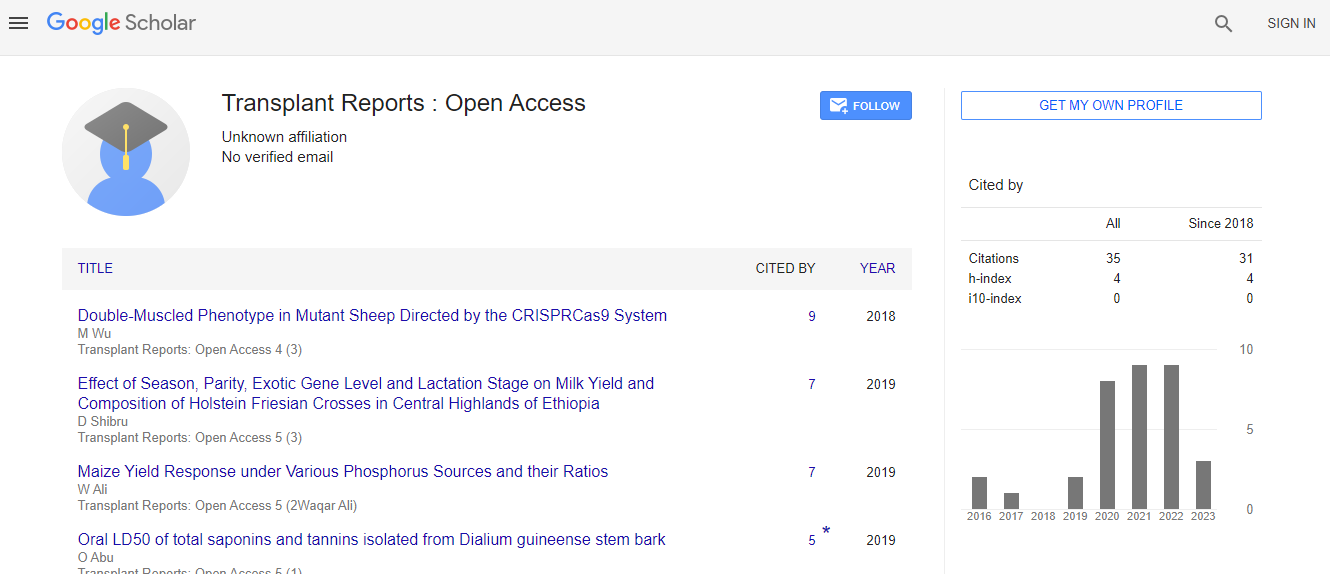Study of the Airborne Fungal Spores in Rosetta
*Corresponding Author:
Copyright: © 2019 . This is an open-access article distributed under the terms of the Creative Commons Attribution License, which permits unrestricted use, distribution, and reproduction in any medium, provided the original author and source are credited.
Abstract
In this study, fungal spores within the atmosphere of Rosetta, Egypt were studied for one year (August 2015 to July 2016) employing a Hirst type volumetric pollen trap. An annual spore index equals to 8023 was recorded during the studied period. The maximum records were in August 2015, May and July 2016. Alternaria, Cladosporium, Tilletia, Stemphylium, Chaetomium, Aspergillus/Penicillium-type, Drechslera-type, Mycosphaerella, and Epicoccum represent the most spore producers organized in reference to their abundance. A total of nine fungal spore genera with minimum 10-day mean equal to or greater than 0.1 spores/m3 of air are involved to construct an approximate spore calendar.

 Spanish
Spanish  Chinese
Chinese  Russian
Russian  German
German  French
French  Japanese
Japanese  Portuguese
Portuguese  Hindi
Hindi 